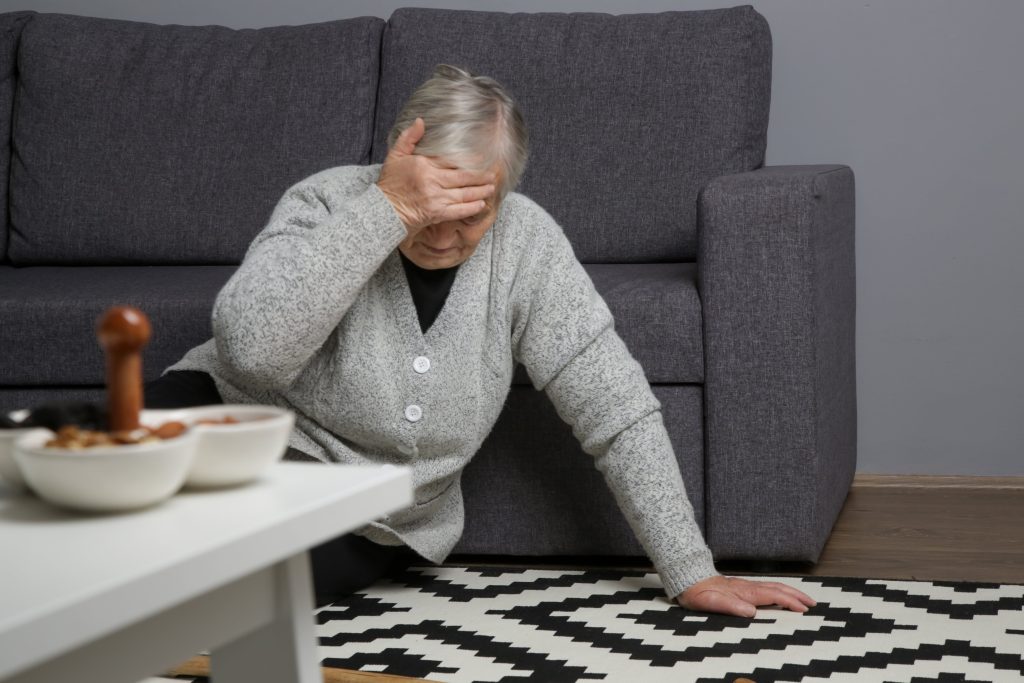A useful guide to strokes
A stroke is a serious medical condition that requires immediate medical attention, however, in many cases, people recover and the chance of strokes occurring can be reduced when the right lifestyle choices are made.
Statistics from the Stroke Association show that each year 100,000 people suffer strokes across the country, however, research also shows that over one million Britons have survived a stroke.
In this helpful guide, we’ll look at ways to prevent strokes, what signs of strokes people should keep an eye open for and some useful tips to consider for those who think that they might be having a stroke.
What are the two main types of stroke?
Ischaemic strokes are the most common type of stroke and occur when a person’s blood supply is blocked by a blood clot. The second type, a haemorrhagic stroke, is rarer and happens when a blood vessel that is supplying a person’s brain bursts and then bleeds around and into their brain. The good news is that there are ways that a person can greatly reduce the chance of suffering a stroke.
How to prevent a stroke
The best way by far of reducing the chance of suffering a stroke is to live a healthy lifestyle. There are three important changes a person can make that will help prevent a stroke.
Stopping smoking is essential. Smoking tobacco narrows a person’s arteries and makes their blood far likelier to clot. Reducing alcohol consumption or quitting it entirely is also beneficial as a preventative measure. Drinking to excess can result in high blood pressure that can cause a person’s heart to beat irregularly.
Finally, adopting a balanced diet is an effective way of avoiding a stroke. Unhealthy diets can be at the root of high cholesterol levels and high blood pressure. As a result, opting for a daily diet that is high in fibre and low in fat is a wise move.
Regular exercise is an excellent counterpart to a healthy diet as such activity can help a person maintain a healthy body weight.

You should also try and combine your healthy diet with regular exercise, as this will help you maintain a healthy weight. The NHS recommends that most people should engage in around two and half hours of aerobic exercise a week of moderate intensity. Suitable activities include walking briskly or cycling.
Common indicators of a stroke to watch out for
The symptoms associated with a stroke typically start very suddenly. The selection of symptoms a person will experience depends on which part of their brain is impacted and how widespread the damage is.
- A person’s face may be affected by a stroke: It may drop down on one side causing their left or right eye and mouth to droop. They also may not be able to make a smile.
- Arms can also be impacted: The person suffering a stroke may be unable to lift one or both arms or keep them raised because of weakness.
- Speech can also be interrupted: The person affected by a stroke may slur their words or all speech may be impossible.
- Additional symptoms include: Sudden numbness or weakness down one side of a person’s body, a sudden and severe headache, blurred vision, or complete loss of sight in both eyes or just one and sudden confusion or memory loss.
What should you do if you believe you are having a stroke?
If you encounter any of these symptoms, don’t delay. Immediately dial 999 for emergency services.
If the symptoms you experience last only for a short period (no more than 24 hours), you could be suffering a Transient Ischaemic Attack, or TIA for short. A TIA is a miniature version of a stroke. While the symptoms do not last for long, you will still require medical attention. A TIA is a warning sign that a problem exists regarding your brain’s blood supply. As a result, you could be at a higher risk of encountering a stroke in the future.

Should you identify any of these signs, you must call for assistance straight away. If you have concerns about strokes and live by yourself, acquiring a personal alarm that allows you to call for help at the push of a button is a smart move.
The best protection against strokes is always to take preventative measures and make healthier choices. Reducing alcohol consumption, quitting smoking, eating better and exercising can not only help you avoid this medical condition but ensure you enjoy your life to the full with your family and friends.

